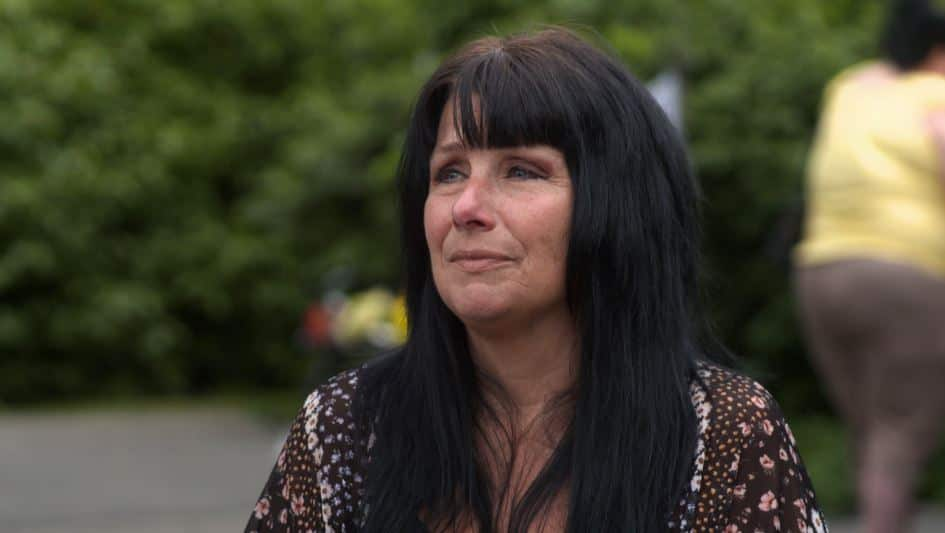He died alone of a drug overdose. His mother wants to save others from the same fate | CBC News

[ad_1]

Tina Olivero had just watched her son come back from the brink.
But hours after he left the hospital, revived by naloxone and treated for a suspected opiate overdose, she found police crouched over him, wrestling in vain to save his life once more.
Ben Olivero, a six-foot-six “gentle giant,” as his mother puts it, died in the early hours of Saturday morning, behind some bushes in a small park on New Gower Street in St. John’s.
“He died by himself,” said Olivero, losing her fight against tears in an interview Wednesday, just steps from where her son took his final breaths.
“I can’t believe he left this world alone.”
Ben is one of at least 11 people to succumb to drug overdoses in the last month in Newfoundland and Labrador. Harm reduction advocates say at least some of the recent deaths are likely due to fentanyl contaminating drugs like cocaine.
Olivero, now telling her story in the hopes of saving others, believes that’s why Ben died.
“All I could think about was, I got to stop this. What would Ben want me to do? He would want me to stop this,” she said.

For six years, she says she’d done all she could to get Ben treatment. But after each stretch of sobriety, he fell back to old patterns, unable to resist the pull. First pot. Then pills. Then needles.
“It was a freight train coming,” Olivero recalls.
“His brain was hijacked. … It wasn’t his fault. He was not capable of making a decision. Just like a dementia patient is not capable. They’re different diseases, but it’s the same outcome.”
Olivero’s warning comes just days after the Royal Newfoundland Constabulary warned that fentanyl was in the province to stay, and might be seen in greater amounts. Harm reduction workers told CBC News last week they’re hearing reports of the synthetic opioid from frontline workers. The Department of Health, meanwhile, said Monday that it’s handed out hundreds of naloxone kits, and ordered hundreds more for safe measure.
For Olivero, that’s not enough.
She’s hoping to see legislative changes to privacy laws that could grant family members more control over treatment of their loved ones. She’d like to see it called Ben’s Law — something akin to the Mental Health Act — which could prevent people with addictions from causing harm to themselves.
Tina Olivero lost her son Ben to a drug overdose on Saturday, just days after the Royal Newfoundland Constabulary warned of an influx of fentanyl in the cocaine supply.
Ben’s death opened her eyes, she adds, to a shadowy underworld of suffering. She says she’s received 600 messages from parents grappling with the very same heartbreak, watching their children deal with addiction, unable to find a solution that sticks.
“This is way bigger than COVID-19,” she said.
“We shut down the whole entire country for COVID-19. And this is a drug epidemic that everybody’s turning away from.”
As Olivero speaks, a young couple approach Ben’s memorial. An array of candles, photos and flowers are spread on the park bench where Ben used to sit. They hug his mother and begin to cry. They knew him, too, as gentle and generous, they said.
“It’s a human right not to be cast into the streets and judged as an addict,” Olivero said.
“And that’s what we need to fight for, in the same way that we’ve begun to fight for mental illness.”
Read more from CBC Newfoundland and Labrador
[ad_2]
